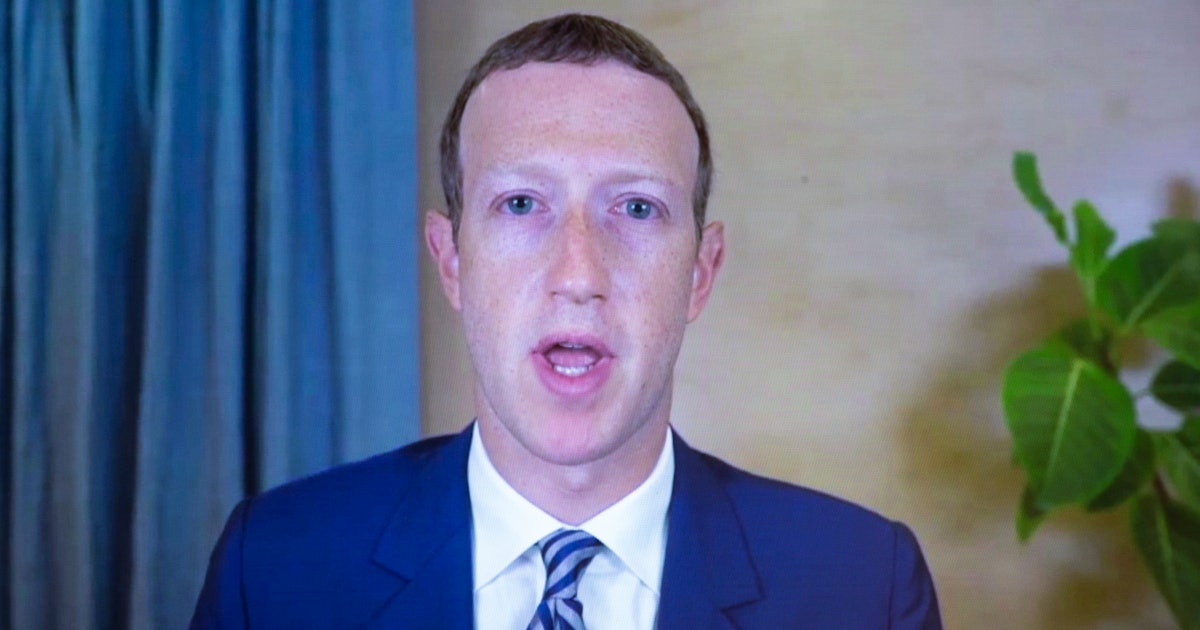Users are fleeing the WhatsApp messaging app after the announcement that it would start sharing certain usage data with parent company Facebook. The company replied that it will delay the update, as millions of users have switched to rival services Signal and Telegram, the first of which is doing so well that its app is experiencing loading problems due to new use.
The changes now will not take effect until after may 2021.
Return on investment – It’s remarkable, but it’s not surprising that this is just a delay, instead of a reversal. Facebook is not a non-profit organization or a charity; it does not buy any company without the intention of eventually making money from it. And with a whopping $ 19 billion worth, WhatsApp remains Facebook’s biggest acquisition to date – one that hasn’t yet turned into a money printing machine.
WhatsApp does not display advertising, and after its acquisition by Facebook in 2014, the app removed the $ 1 fee it has historically charged users. Early last year, WhatsApp canceled an initiative to place ads in the messaging app.
It is not necessary to have a Facebook account to use WhatsApp, but whenever the update is activated, users must agree to grant Facebook access to metadata, including IP addresses, user location, battery level and IMEI numbers or the identifier permanent associated with a smartphone.
“Trust us” – WhatsApp was on the defensive, trying to emphasize that Facebook cannot read users’ communications or keep track of location data or private messages. But Facebook has not made it clear what it intends to use the collected metadata for. It could be used to target users in ads. User data collected by Facebook has been misused in the past, such as to hide property listings from users in poorer locations or to target political ads that discourage certain demographic groups from voting.
Deja vu – The change in WhatsApp’s policies certainly comes as a slap in the face to the app’s creators, who built it with strict privacy ideals in mind and disdain for targeted ads. The two co-founders left Facebook after the autonomy they had promised to maintain the messaging app’s mission disappeared. But then again, they sold to Facebook – they certainly knew that this result was almost inevitable.
After his departure, co-founder Brian Acton called the public to #deletefacebook and donated $ 50 million to WhatsApp competitor Signal, which operates on a nonprofit basis so you never have to compromise your privacy mission.
Another Instagram – The same fate was suffered by Facebook’s other crown jewel, Instagram. CEO Mark Zuckerberg promised his leaders full autonomy, just to reduce that control while Facebook sought to integrate the app with the main platform and fill the app with as many advertising opportunities as possible. Instagram accounted for a third of Facebook’s revenue in 2019, showing that the $ 1 billion acquisition was worth it, even though many users feel the app has worsened over the years.
But WhatsApp users are very aware of their focus on privacy, and integrating more with a company that is synonymous with the opposite may not be a challenge that Facebook can overcome, no matter how many guarantees it gives.
Facebook tried to closely integrate its various applications, making it possible to cross-message users so that, for example, an Instagram user could send a message to someone on Facebook Messenger. Some believe that the company is building these integrations to help argue with regulators that it would be very difficult to separate them in any antitrust decision.
The company undoubtedly hopes that extending the deadline for changing data sharing until May will mean that users stop running away, continue to use the service and eventually consent to the changes. In the meantime, we will continue to encourage our friends to exchange it for Signal.
